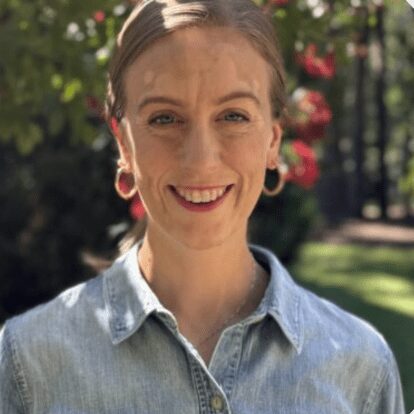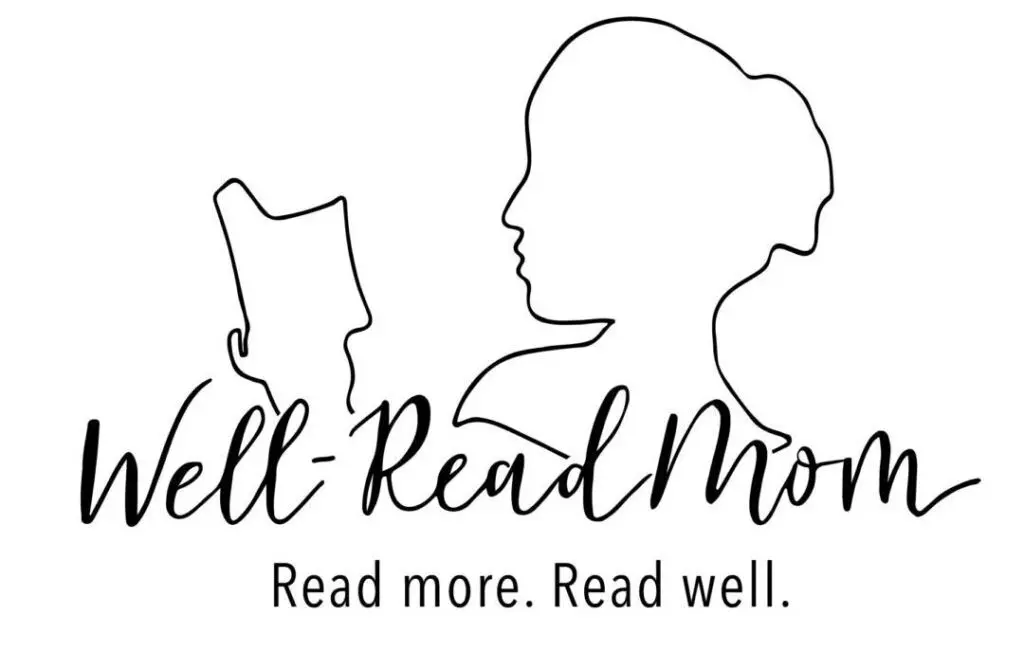Lessons in Hope from a Jane Austen Heroine
Written by Emily Erwin
The following blog was reprinted with permission by Word on Fire. You can find the original post here.
The last novel Jane Austen ever completed, Persuasion, exhibits many of the same themes and tropes that have endeared her works to readers through the last two centuries: prideful and petty family members, he-loves-me-he-loves-me-not melodrama, and a bookishly clever and amusingly observant heroine to love: Anne Elliot. As Austen fans will recall, dear Anne’s rather dull country existence is upended when the love of her life, Captain Wentworth, returns to her social circle, eight years after a well-meaning family friend persuaded Anne to turn down his proposal of marriage. Anne, of course, has never forgotten her beloved captain, and what follows is a romantically comedic plotline through all the delights of an Austen novel.
Beneath Persuasion’s fairly predictable series of events rests something more useful than, say, a British gentlelady’s guide to winning back the naval captain you regret you spurned. Anne Elliot’s journey is, in fact, one we all share this 2025 Jubilee Year, for Anne Elliot’s journey is one of hope. As he announced this Jubilee Year of Hope in Spes Non Confundit, Pope Francis reminded us that “we aspire to a happiness that is definitively found in the one thing that can bring us fulfillment, which is love.” Of course, unlike the love Anne hopes for, Pope Francis refers here to the infinite, eternal, communal love of our Creator. Nevertheless, if we’re open to learning from her, Anne Elliot offers lessons of traveling in hope that apply to all of us, whether our Christian pilgrimage today includes hoping for the kingdom of heaven or hoping for a faster grocery line. Let’s look at three such lessons.
We accompany Anne at the beginning of the novel through a lesson in hope that she actually elects to put herself through. While her sister Elizabeth and her father, Sir Walter, are consumed by prideful worries about their estate, Anne departs to help her sister Mary’s young family, believing that, after so much introspection, learning “the art of knowing our own nothingness beyond our own circle, was become necessary for her.” Anne quickly experiences what anyone with young kids in their life could tell you—namely, that nothing makes your private worries feel laughably insignificant like babysitting energetic children.
As an auntly playmate, a house guest, and a confidant, Anne determinedly does not dwell on the circumstances of her family or her anguish over Captain Wentworth’s return. She instead succumbs to the distraction and satisfaction that humble service affords her, though “she could do little more than listen patiently, soften every grievance, and excuse each [person] to the other.” Anne thus reminds us to move away from what St. Augustine calls “the curving in on oneself” of sin, and to instead look around and see how we can forget ourselves in service where we are, whether that’s enduring a loved one’s vapid complaints about English country life or exchanging a goofy smile with the toddler in the grocery cart ahead of us.

As Anne gives much more comfort and sympathy than she receives at her sister Mary’s house, she reflects “with heightened gratitude of the extraordinary blessing of having one . . . truly sympathizing friend.” She soon finds the comfort of such a friend in an old schoolmate she unexpectedly reacquaints herself with: Mrs. Smith. An injured, ill widow who fell from good fortune after the death of her husband, Mrs. Smith offers Anne the nourishment that comes with good company.
However, Anne values Mrs. Smith for much more than the distraction of their visits together; she admires her character. Like Anne, Mrs. Smith has chosen utility toward others over self-pity. Despite her infirm state, she occupies herself in things like “making these little thread-cases, pin-cushions and card-racks . . . which supply [her] with the means of doing a little good to one or two very poor families in this neighbourhood.” Indeed, Anne observes that in Mrs. Smith, “here was that elasticity of mind, that disposition to be comforted, that power of turning readily from evil to good, and of finding employment which carried her out of herself, which was from Nature alone.” Anne thus gives us a lesson in seeking out friends whose company comforts us, uplifts us, and inspires us to better loving action, something essential for walking through the day-to-day challenge of a Christian journey.

Humility in service and comfort in healthy friendship give us strength when our journeys feel dry, troublesome, and difficult. But Anne also teaches us—as she gets closer to union with her beloved—how these two things, which throughout the novel required Anne’s focused effort, become instead natural extensions of the joy that comes with being loved. As Anne realizes that her feelings for Captain Wentworth are likely returned, her “happiness was from within. Her eyes were bright, and her cheeks glowed—but she knew nothing about it.” Her happiness overflows in an effortless, charitable posture toward others that she’s not even conscious of, putting her “in good humour with all.”
This type of happiness, of course, calls to mind Christian joy, a hopeful, restful security in the love of our Lord that can’t help but be directed in love toward others. And while many of us share with Anne the profound joy that comes with being in deep romantic love, as Christians we also all share in the joy that comes with knowing our Creator and Redeemer loves us in a way that goes unfathomably deeper than anything we’ve experienced on earth. It is this Christian joy that inspires St. Augustine to call falling in love with God “the greatest romance,” one that we can experience in and through the ordered, loving relationships of our lives.
There are many things we must wait for as we hope for the kingdom of heaven, some more difficult than others: a smooth grocery run, an unrealized vocation, a spouse we haven’t yet met, a child’s adoption papers, a better prognosis, a fruitful spiritual life. Anne shows us that even in seasons of hopeful waiting, we find solace in humble service toward others and in genuine, healthy friendship. And we also see in Anne that when we can joyfully rest in the knowledge of being loved, these things naturally manifest as a side effect of the certain hope of a deeper communion to come. Thus armed with Anne Elliot’s example, we can more easily journey as pilgrims of hope this jubilee year, and say with Pope Francis, as he writes in Spes Non Confundit, “I am loved, therefore I exist; and I will live forever in the love that does not disappoint, the love from which nothing can ever separate me.”

About Emily Erwin
Emily Erwin lives south of Richmond, Virginia, with her husband and their young son. She has degrees from the University of Notre Dame and the University of Virginia, and her work has been featured by Well-Read Mom. You can find her online at emilyerwinwrites.substack.com.
About Well-Read Mom
In Well-Read Mom, women read more and read well. Our hope is to deepen the awareness of meaning hidden in each woman’s daily life, elevate the cultural conversation, and revitalize reading literature from books. If you would like to have us help you select worthy reading material, we invite you to join and read along with us. We are better together! For information on how to start or join a Well-Read Mom group visit our website wellreadmom.com

